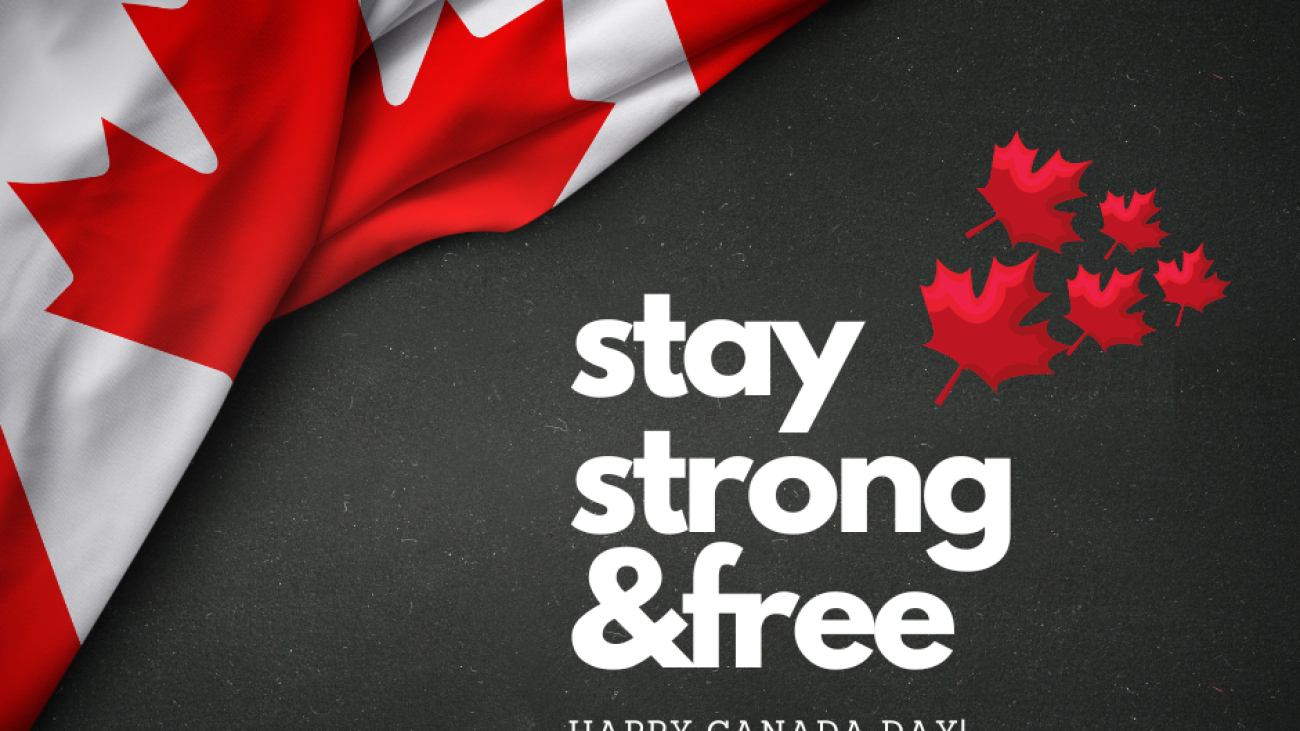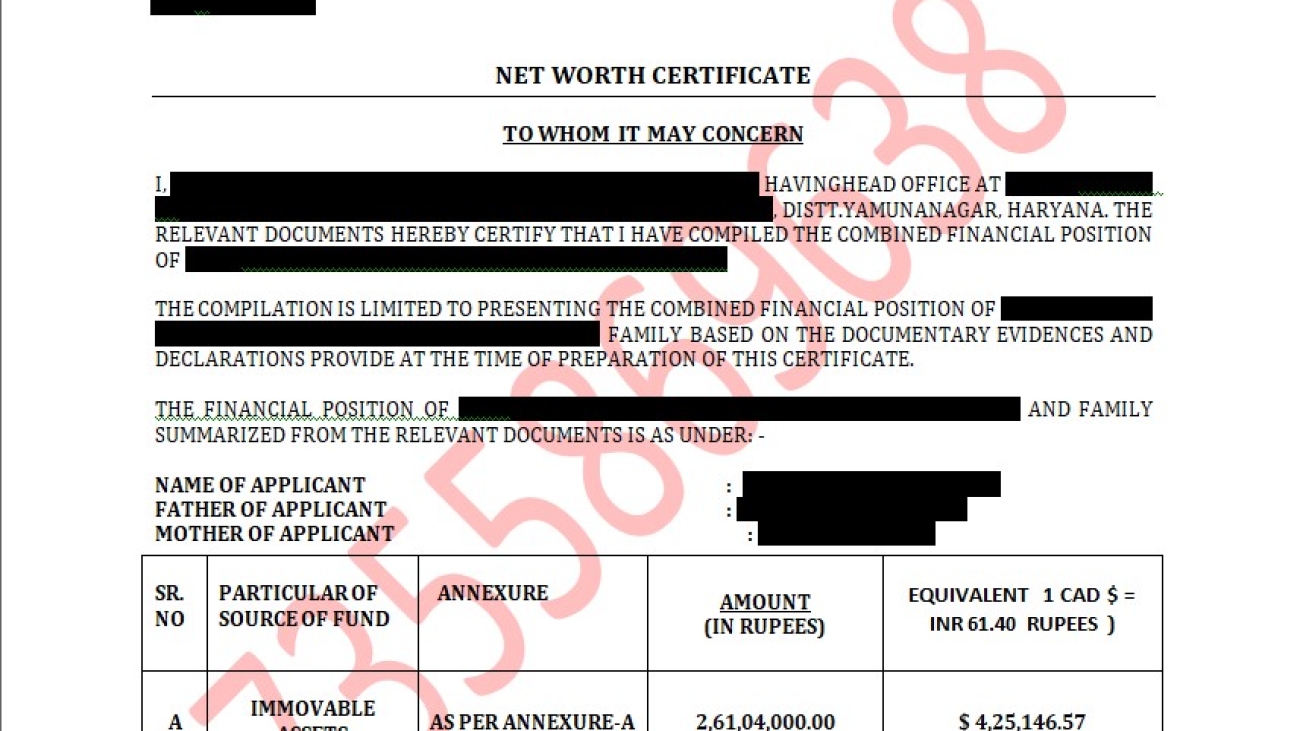“Starting from May 10, 2024, significant changes are being made to the financial capacity requirement for Student and Student Guardian visas. This alteration aims to ensure that visa applicants have adequate financial means to support themselves and their families while studying in Australia. The adjustment entails an increase in the minimum funds required, now set at 75 per cent of the national minimum wage, reflecting a more realistic estimation of living expenses during the academic year.
This update is intended to provide a clearer understanding of the financial commitment necessary for international students pursuing education in Australia. By aligning with a proportion of the national minimum wage, it ensures that students have the means to sustain themselves throughout the academic year, acknowledging the periods of non-academic activity when they may seek employment or return home.
By meeting this enhanced financial capacity requirement, international students are empowered to make well-informed decisions about their educational journey in Australia. This increase aims to mitigate financial distress among students, reduce the likelihood of visa breaches due to unauthorized work, and safeguard against potential exploitation in the workforce.
To illustrate the changes, let’s examine the adjustments in the minimum required funds for various categories:
- For the primary applicant, the minimum financial capacity requirement before May 10, 2024, was AUD24,505, whereas after the update, it has risen to AUD29,710.
- Similarly, for the spouse or de facto partner of the primary applicant (not applicable to Student Guardian applicants), the requirement has increased from AUD8,574 to AUD10,394.
- Dependent children now need to demonstrate a minimum of AUD4,449, up from AUD3,670.
- Annual school costs have also seen an increase, from AUD9,661 to AUD13,502.
- Personal annual income requirements have been adjusted accordingly, with AUD87,856 needed for individuals without family members, and AUD102,500 for those with family members.
It’s important to note that applications lodged before May 10, 2024, will be assessed under the previous financial capacity requirements. These changes underscore the Australian government’s commitment to maintaining the integrity of its visa system while ensuring that international students receive adequate support during their educational pursuits in the country.”





